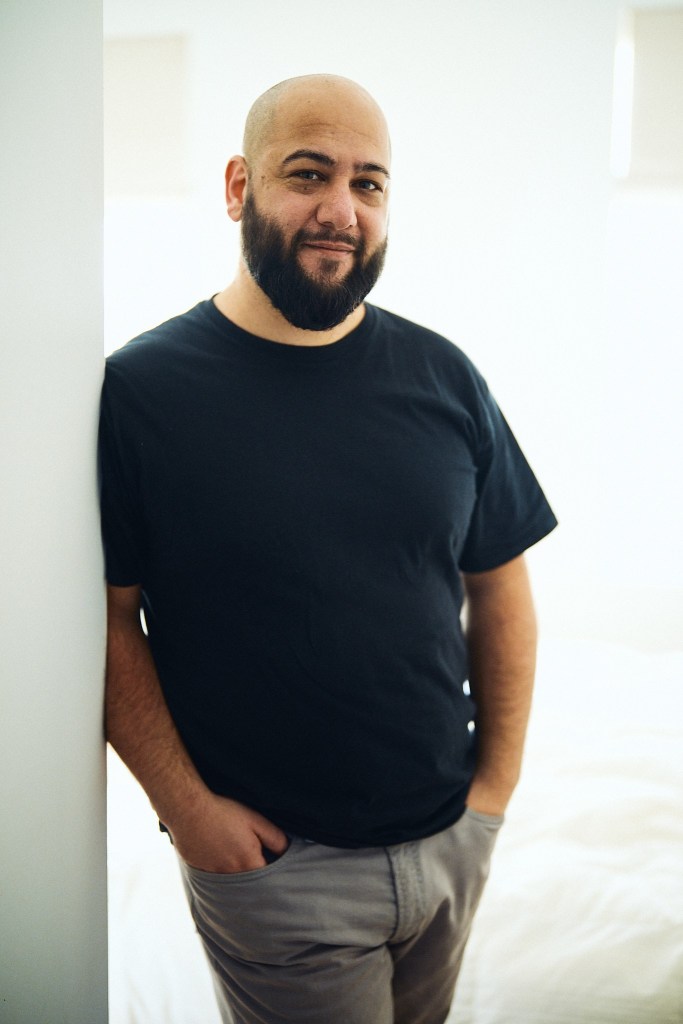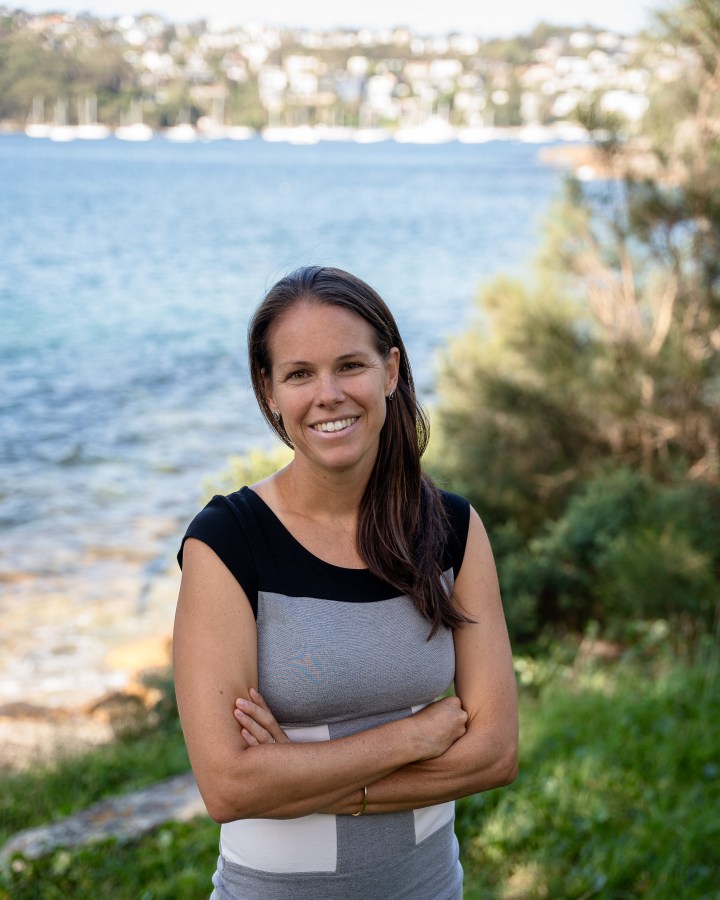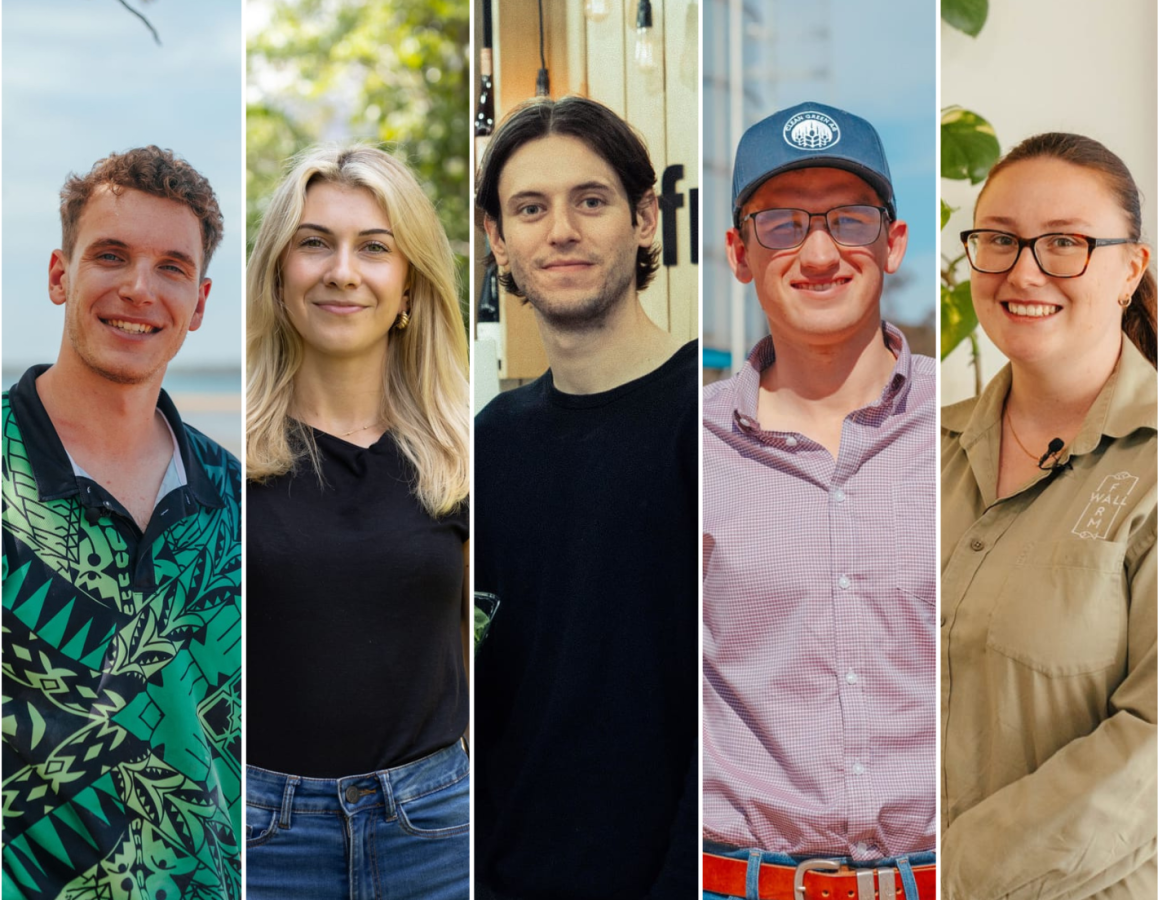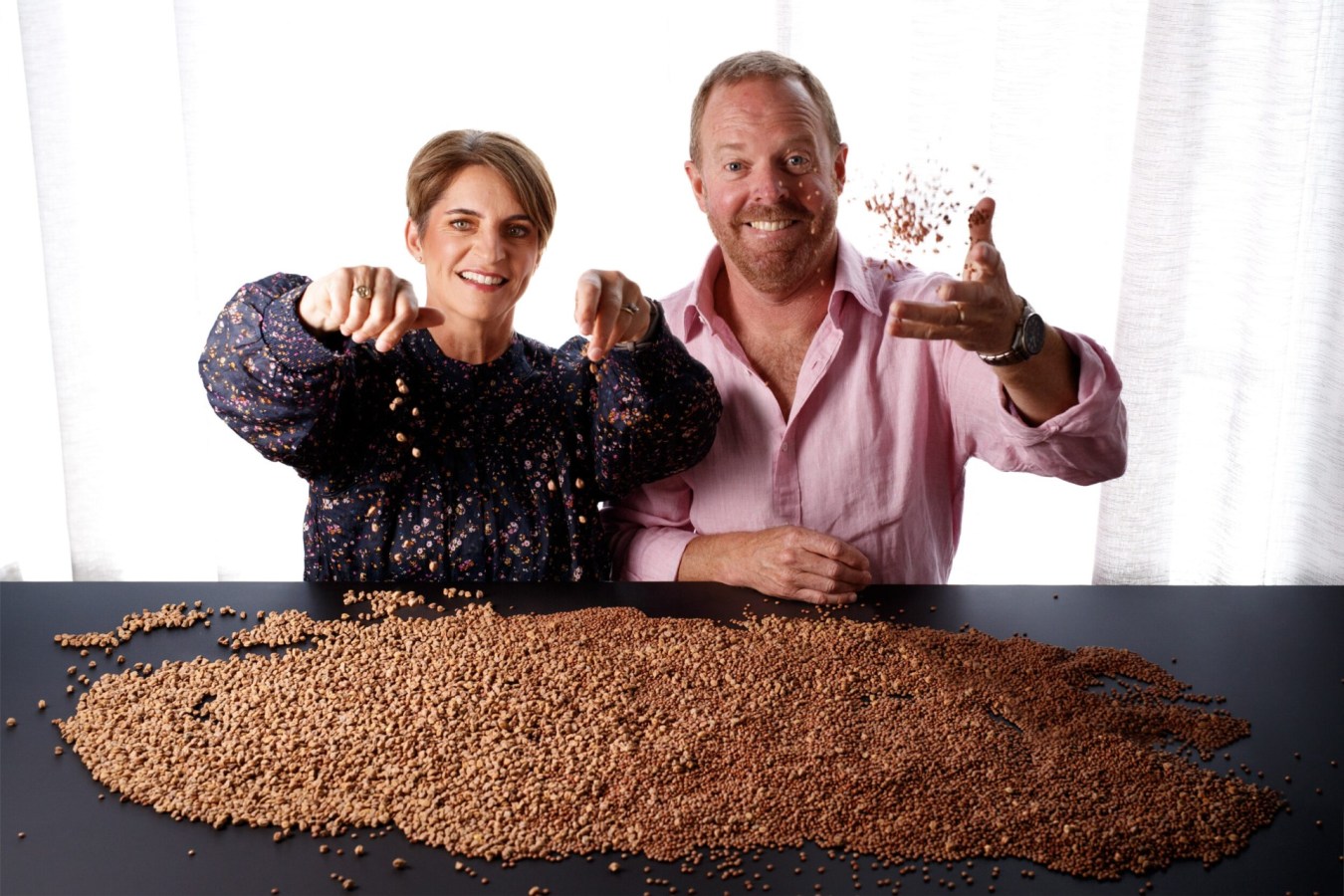As plant-based alternatives soared, MEQ quietly built hardware to understand real meat better. Now it’s the first tech certified by the USDA in 15 years.

An Australian startup building cameras to grade beef has pulled off something no one has managed in more than 15 years – convincing the US government to approve a new technology for use in its US$108 billion meat processing industry.
Melbourne-based MEQ has just received certification from the United States Department of Agriculture (USDA) for its camera technology – the first video-based system ever cleared for official use in beef yield and quality grading.
“This is a milestone moment,” says Remo Carbone, MEQ’s co-founder and CEO. “The USDA certification is not just a stamp of approval – it’s an unlock for digitising an entire industry.”
In a sector reliant on human graders peering at butts on hooks moving across the kill floor, MEQ’s tech offers something meat processors and the entire supply chain have long lacked: objective, instant analysis. Using 3D video and 12 AI models, the MEQ Camera evaluates marbling, yield and the size of the ribeye.
“I never ever thought it was credible that livestock would be replaced. I have always rooted for those companies.”
Remo Carbone, MEQ co-founder and CEO
The data can then flow back down the chain to the farmer, or forward to retailers and consumers.
The tech has already been deployed at several US processing plants, including Sustainable Beef in Nebraska, and is in use at home by industry players JBS Australia, Greenhams and Kilcoy Global Foods, along with Alliance Group in New Zealand.
Solving for a blind spot
MEQ raised $6 million at the end of 2023 and has become something of a quiet force in Australian agtech. But the field is not crowded.

“If you go to any startup hub and ask the hundred companies there if anyone’s building something to support the red meat industry,” says Carbone, “the answer will be no.”
When Carbone and co-founder Andrew Grant started on this journey 20 years ago – following a course in science and tech commercialisation at the University of Adelaide and the University of Texas – they weren’t looking to build a meat startup. They were looking for something that didn’t yet exist in the world but should.
Through a serious of introductions, they found it not in the metaverse or fintech, but on the kill floor.
“I’d come from institutional financial markets in New York,” says Carbone. “It’s hyper-competitive. Think about the vast entrepreneurial and engineering talent that has been thrown at delivering solutions for that market. Healthcare’s the same.”
The US$108 billion American beef industry, however, was being ignored. The reasons are partly cultural, Carbone says.

“People that are founding technology companies have no connection with this space and don’t know anyone that’s made money in the space.” And the meat sector – traditionally closed, physically demanding, and geographically remote – hasn’t made itself easy to approach.
Then there’s the timeline. Until recently, the tech to solve meat grading didn’t exist. It took a convergence of hardware, machine learning and vision AI to make the MEQ Camera viable – and even then, it still took an insider connection for Carbone to find the right meat industry partners to test the theory.
They took an idea for a probe designed for humans and applied it to meat, dodging the need for lengthy approvals. They built a 3D camera to train the AI for the probe – then realised that the camera was the product to take to market.
“The only reason we’re here is that we got lucky – someone introduced us to someone who was connected to the industry. Otherwise, we wouldn’t have seen it.”
Betting on the cow
MEQ was founded in 2016 and the first five years was spent in R&D, during a time when much of the world’s venture capital poured into plant-based meat alternatives whose backers appeared to want to put the meat industry out of business.
“When Beyond Meat listed on the Nasdaq [in 2019], everyone thought that was it,” Carbone says. “What I think they missed was the production of animal protein and the way it’s consumed globally, it’s not just a source of nutrition. You’re missing the point about what food means to people. It’s about sharing. It’s about cultural elements. It’s what they’ve done for generations.
“I never ever thought it was credible that livestock would be replaced. I have always rooted for those companies. I wanted them to prosper because livestock alone can’t solve for the global protein demand.”

The stocks of meat alternatives have fared poorly in the years since 2019 when Beyond Meat’s market capitaliation peaked at US$14.1 billion. Beyond Meat has lost 98% of that peak valuation, sitting around US$280 million. Consumers questioned its three selling points, that it was healthier, better for the environment and tasted just as good.
While others worked to replace the cow, MEQ focused on making meat better – grading it more precisely, feeding data back to farmers, and forward to retailers and customers to make more informed choices.
A new meat narrative
Headquartered in Reservoir, Victoria, and with almost 40 employees spread across the globe, MEQ is planning to keep expanding. “We kind of designed our entry into the US around being able to get certified,” says Carbone.
“While we were deploying our camera in Australia and getting certified by the Australian regulators, we were building a base layer of knowledge and awareness in the US. We’ve got great relationships – from the biggest packers in the world to the regional processors within the United States. It’s like a waterfall. Now we’re certified, the relations that we built have allowed us to fast-track conversations about deploying the camera in the US, so we’re pretty excited.”
MEQ has two other products, the MEQ Probe for hot carcass assessment, and MEQ Live for estimating fat and marbling of standing animals.
The MEQ Camera consists of a 3D camera fitted into a case for an ordinary smartphone. Together, they capture high-resolution images and the spatial geometry of the meat in the couple of seconds that the grader has while 450 carcasses an hour swing past them.
Carbone says that now the tech is certified and deployed, MEQ’s focus is on scaling — and unlocking the data feedback loops that have long powered other industries, but barely touched red meat. “It’s a tremendous opportunity,” says Carbone. “From producers to processors, retailers to food service — no one’s been able to use this kind of information in real time. Until now.”
As to whether they need to raise more capital for scaling, Carbone says it’s undecided. “We’re tossing that question around at the moment. But this certification gives us more optionality. We’ve done a pretty good job of preserving the capital we’ve had, given that we’re building hardware. But we’ve got pretty big ambitions.”


